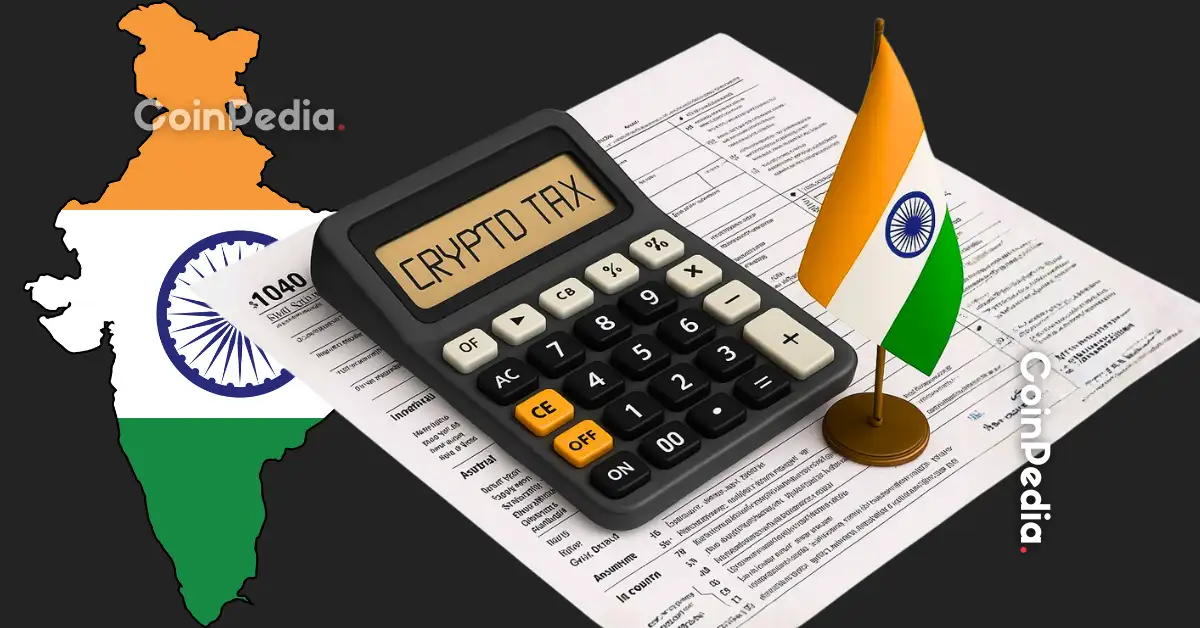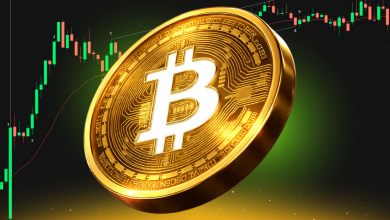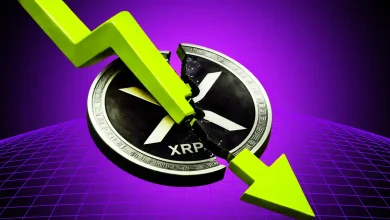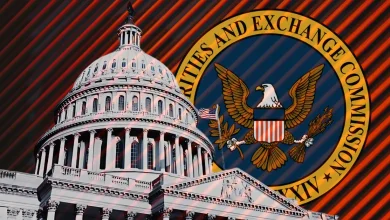
India plans to roll out its own digital currency backed by the Reserve Bank of India (RBI).
India imposed falt 30% tax on gains from cryptocurrency with 1% TDS on transactions above ₹10,000
India topped the Global Adoption Index of 2025.
During the India-Qatar Joint Commission on Economic and Commercial Cooperation, Commerce Minister Piyush Goyal stated that India neither encourages nor discourages cryptocurrency. Instead, the government has opted to regulate it through high taxes. He also confirmed plans to introduce a digital currency backed by the Reserve Bank of India (RBI).
India to Introduce RBI-Backed Assets
Goyal said that India does not encourage unbacked crypto because it entails high risks. Instead of promoting those currencies, India plans to roll out its own digital currency backed by the Reserve Bank of India (RBI).
Goyal said, “India has also announced that we will be coming out with a digital currency, which will be backed by the Reserve Bank of India guarantee. Normal currency will be replaced by a digital currency, somewhat like stablecoins that the USA has announced.”
The main goal of these assets will be to make the transactions easier and faster than traditional finance, while also making them traceable. This will prevent the risks of hacking and scamming by giving access to surveillance. Goyal said this will also reduce the paper consumption.
Current Outlook of Crypto in India
India’s current focus in terms of cryptocurrency is taxation. It has imposed falt 30% tax on gains from cryptocurrency with 1% TDS on transactions above ₹10,000. The current crypto regulation framework of India mostly consists of taxes and security measures instead of innovative rules to encourage crypto.
A Mudrex crypto survey conducted on 9,352 individuals shows 93% of Indians support crypto regulation, with only 13% in favor of taxation. Meanwhile, 66% of people voted taxation as the biggest discouragement for crypto investment. Many even voted it as unfair and the biggest pain. This shows that Indians strongly oppose this daylight robbery in the form of taxation.
However, despite all this, India topped the Global Adoption Index of 2025. With more organizations like Bharat Web3 Association normalizing crypto, supported by payment systems like UPI, the country continues to thrive in crypto.
Never Miss a Beat in the Crypto World!
Stay ahead with breaking news, expert analysis, and real-time updates on the latest trends in Bitcoin, altcoins, DeFi, NFTs, and more.
FAQs
India does not officially encourage or discourage cryptocurrency. The government’s current approach focuses on regulation through high taxation and developing its own RBI-backed digital currency.
Cryptocurrency is legal in India but heavily regulated. The government has imposed a 30% tax on gains and a 1% TDS on transactions, shaping the market through fiscal policy rather than an outright ban.
Profits from cryptocurrency transactions in India are subject to a flat 30% income tax, plus a 1% tax deducted at source (TDS) on transactions above a certain threshold.
Surveys show over 90% of Indians support cryptocurrency regulation, but a majority are opposed to the current high-tax structure, which they see as a barrier to investment.
Trust with CoinPedia:
CoinPedia has been delivering accurate and timely cryptocurrency and blockchain updates since 2017. All content is created by our expert panel of analysts and journalists, following strict Editorial Guidelines based on E-E-A-T (Experience, Expertise, Authoritativeness, Trustworthiness). Every article is fact-checked against reputable sources to ensure accuracy, transparency, and reliability. Our review policy guarantees unbiased evaluations when recommending exchanges, platforms, or tools. We strive to provide timely updates about everything crypto & blockchain, right from startups to industry majors.
Investment Disclaimer:
All opinions and insights shared represent the author's own views on current market conditions. Please do your own research before making investment decisions. Neither the writer nor the publication assumes responsibility for your financial choices.
Sponsored and Advertisements:
Sponsored content and affiliate links may appear on our site. Advertisements are marked clearly, and our editorial content remains entirely independent from our ad partners.







